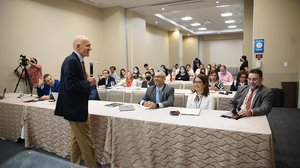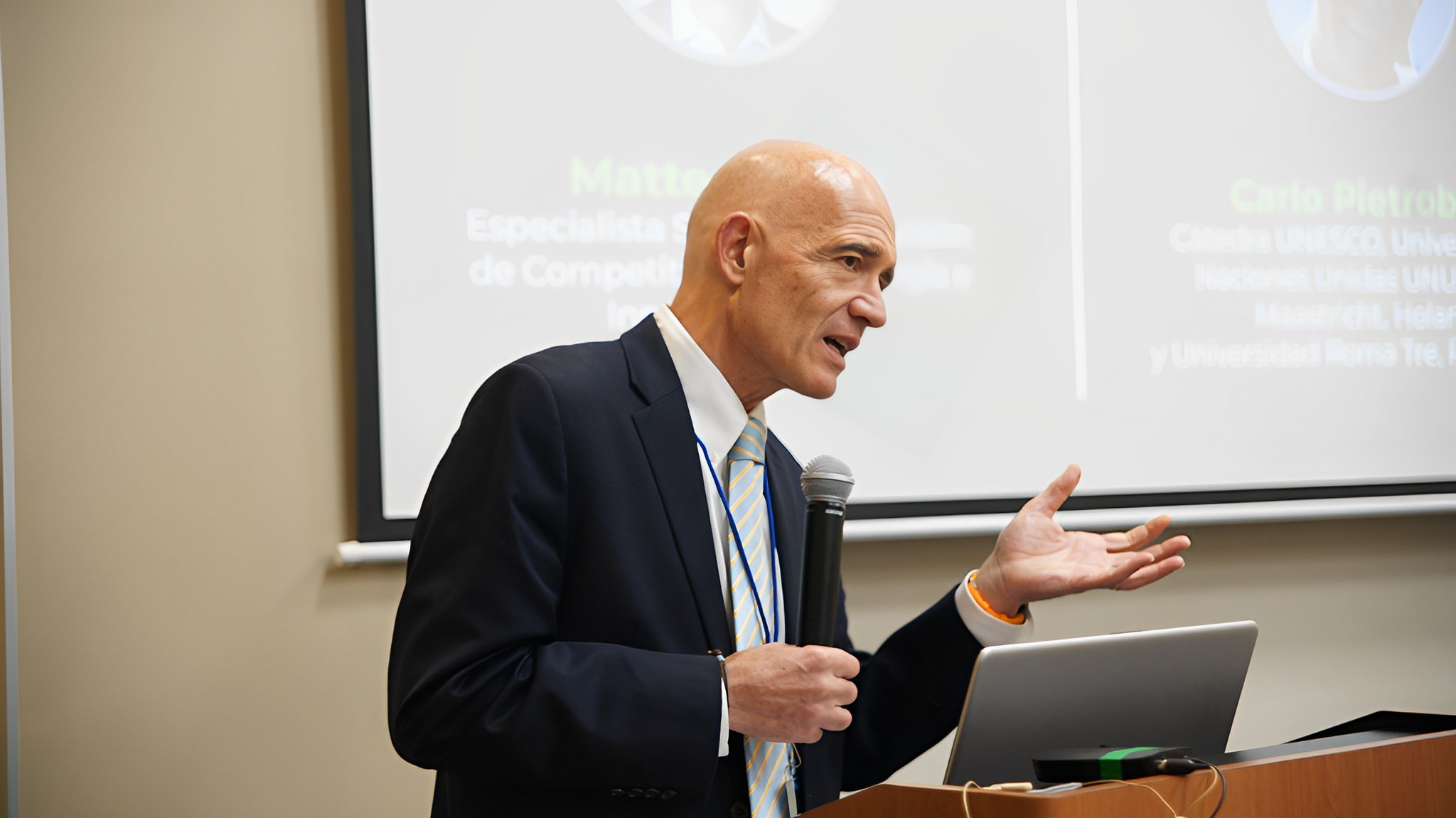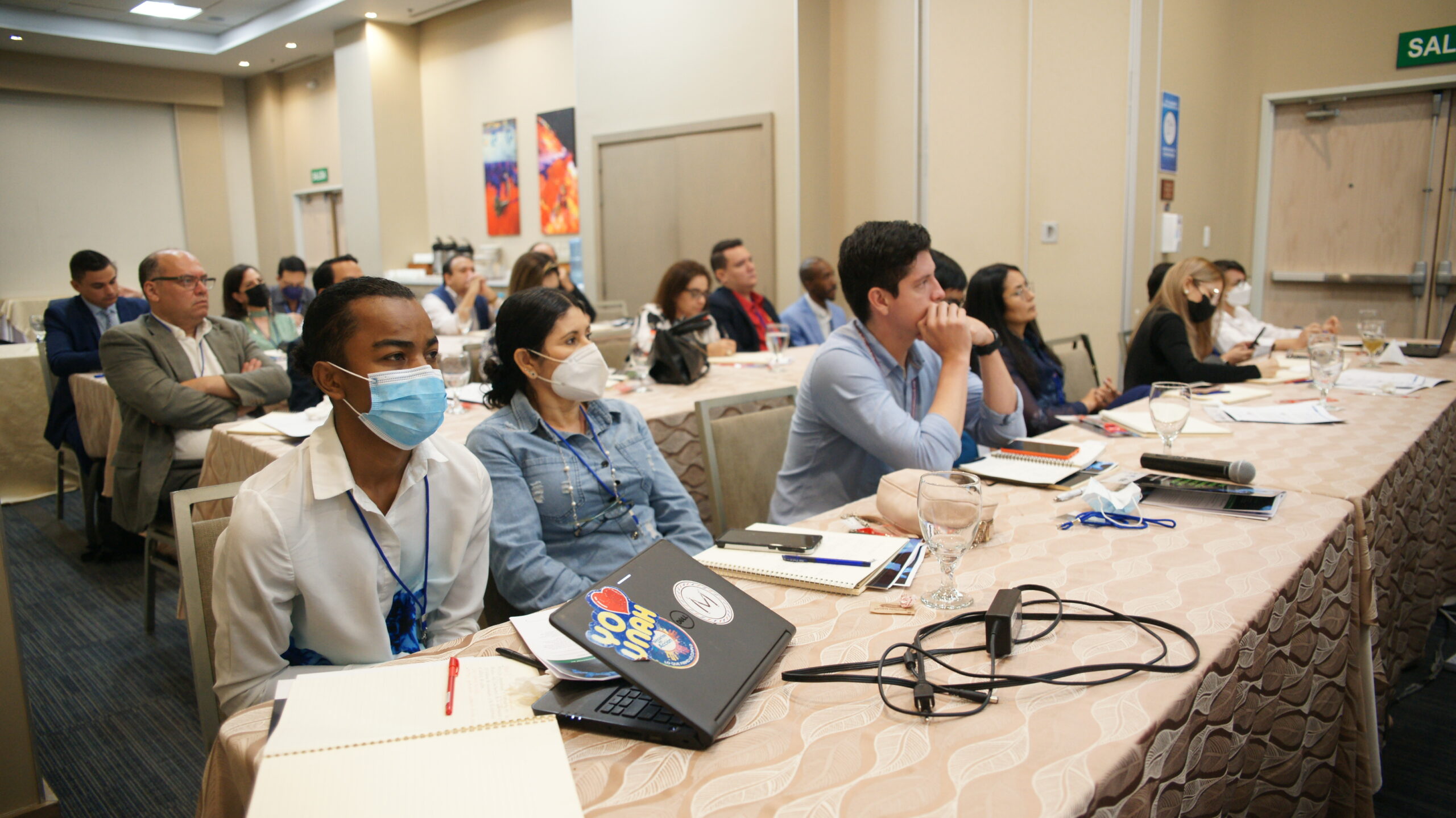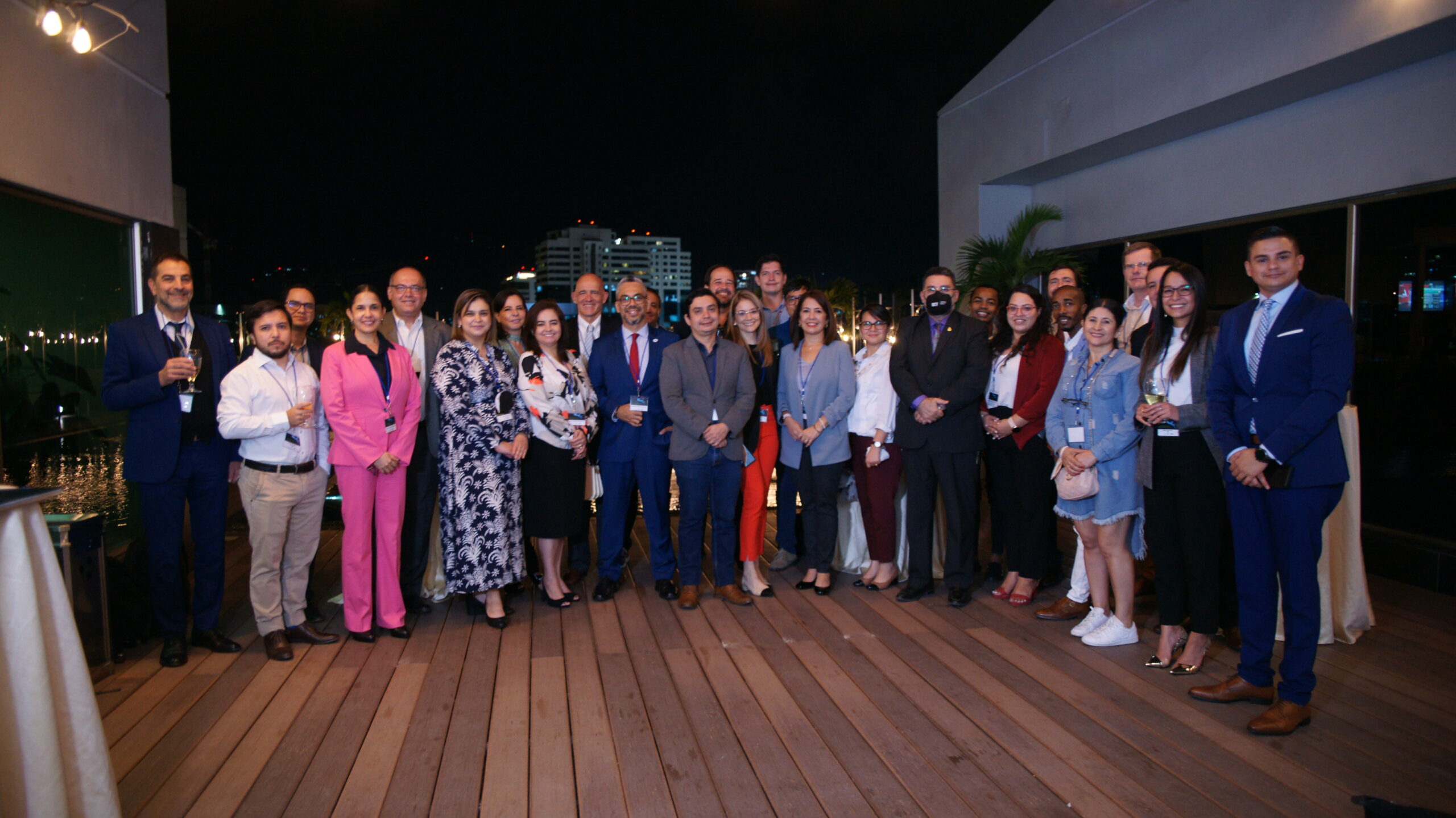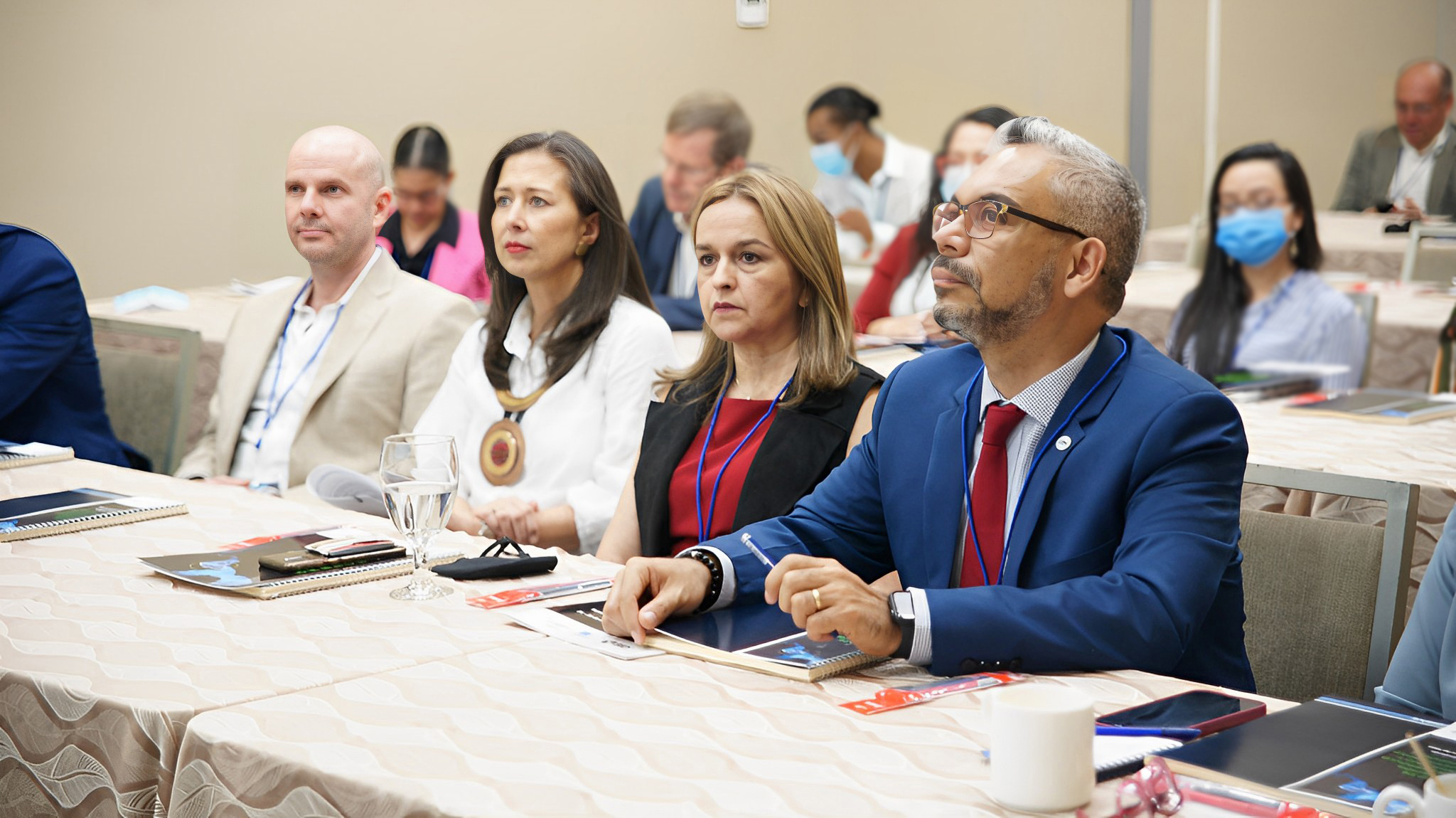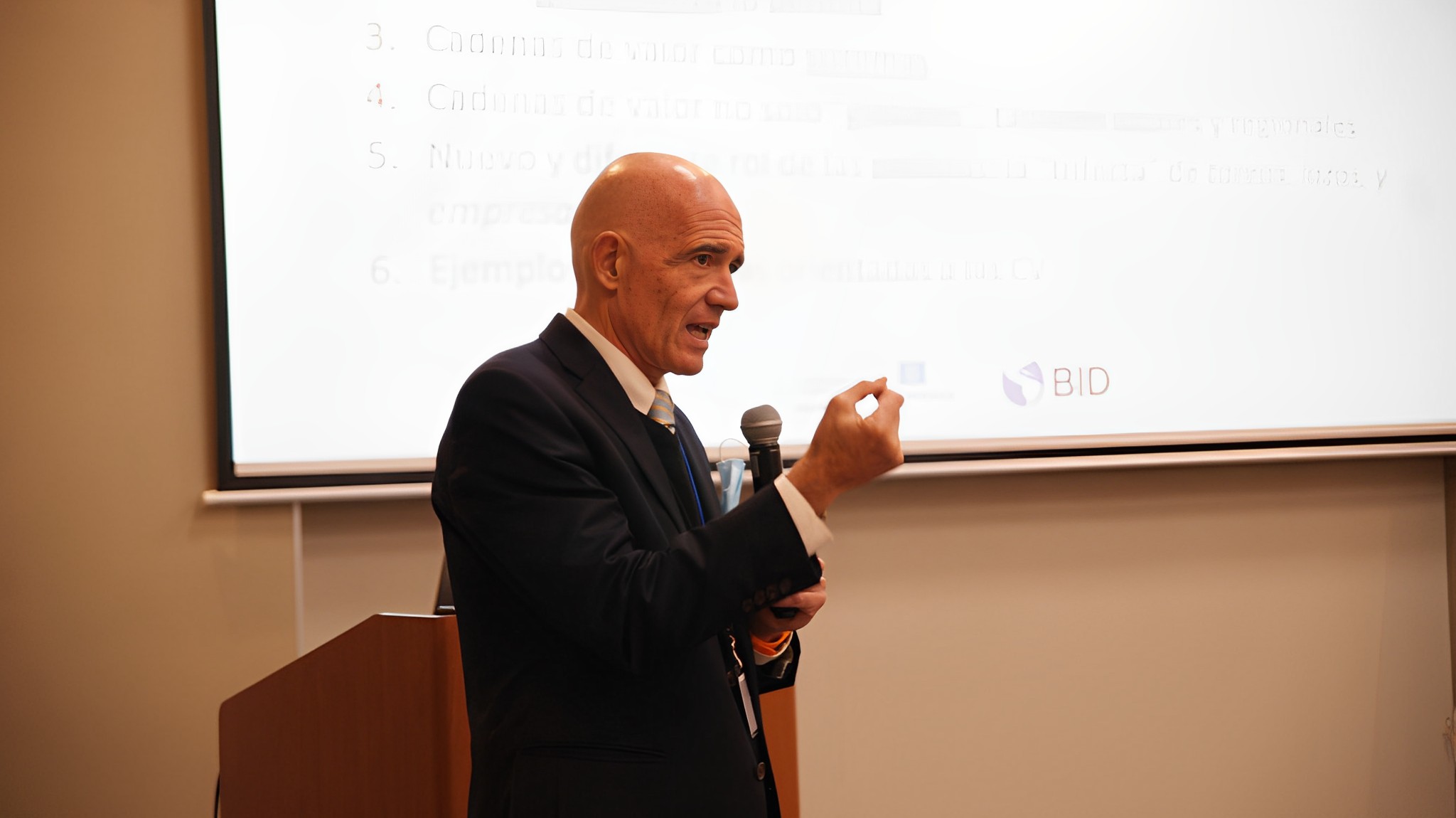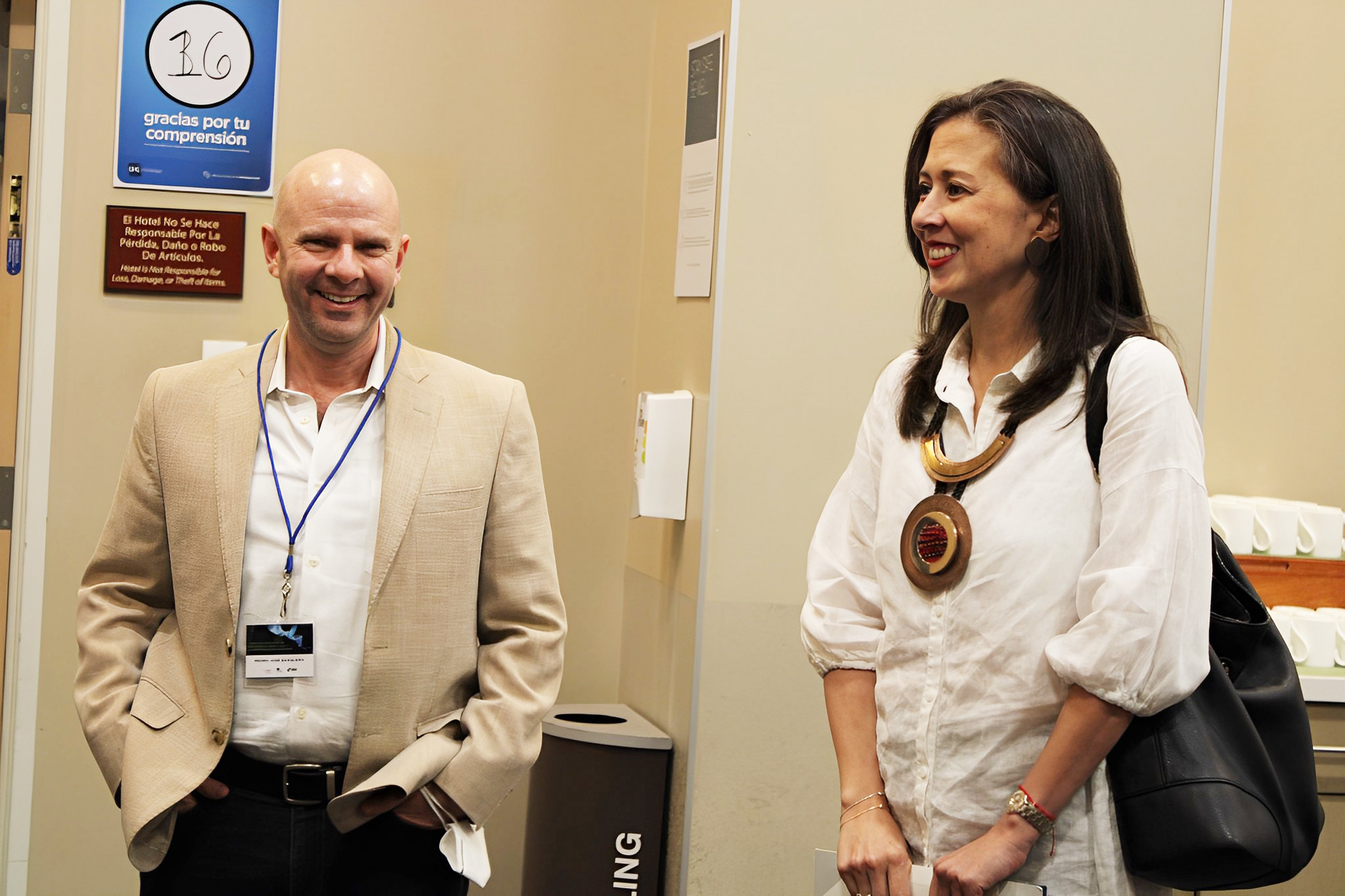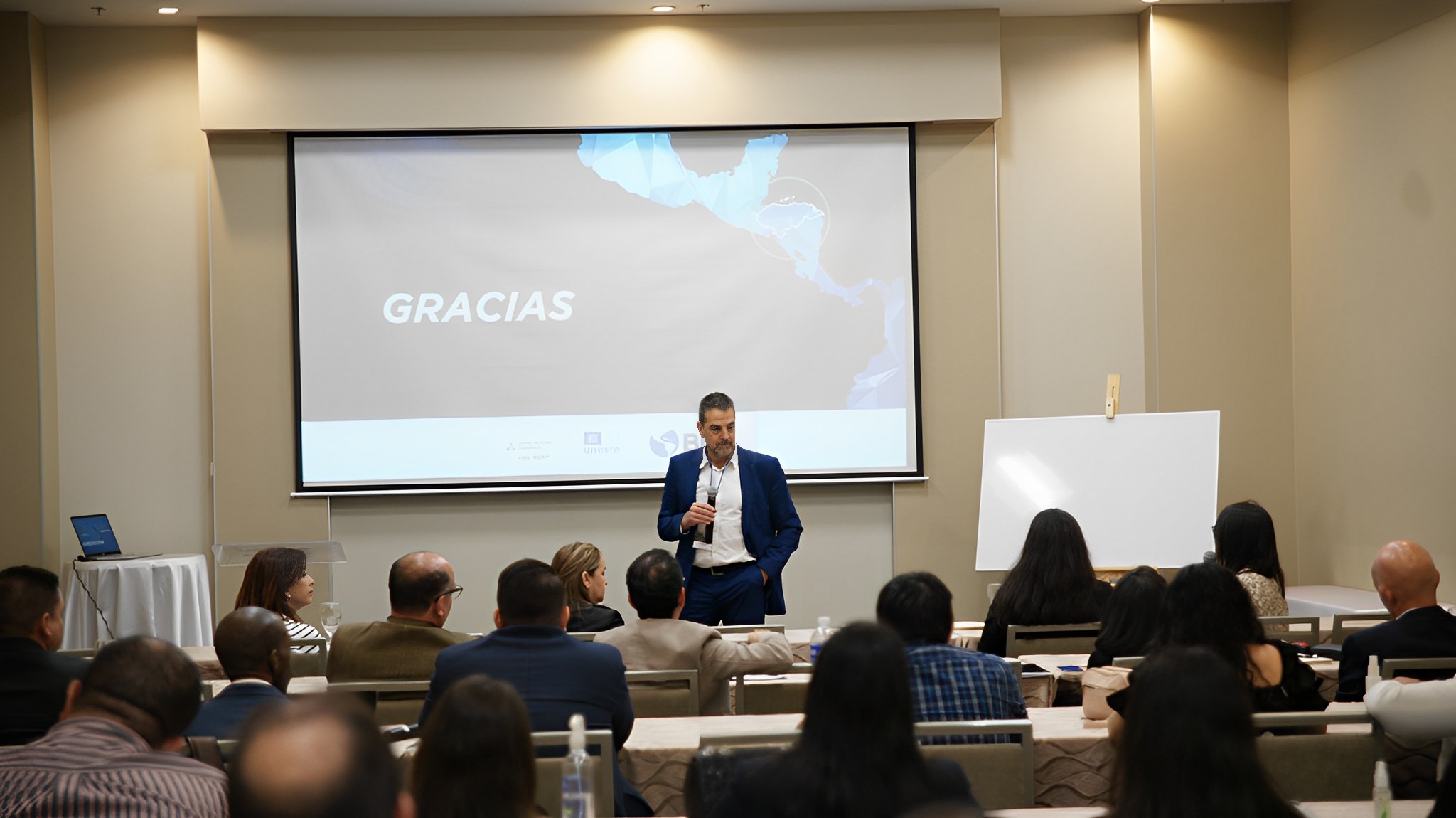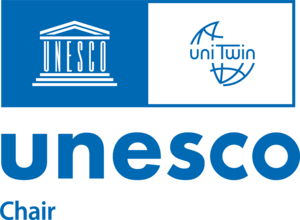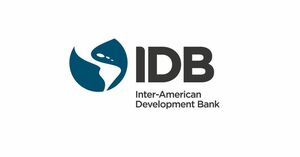In October 2022, UNU-MERIT’s UNESCO Chair on Science, Technology and Innovation for Sustainable Development for Latin America and the Inter-American Development Bank (IADB) delivered a Training Programme on Productive Development and Competitiveness in Honduras. The training programme was oriented toward Honduras’s senior policymakers at national and sub-national levels, scholars, union representatives and the private sector, who lead and work on agendas to enhance competitiveness, productive development and job creation.
During the last 25 years, Honduras has experienced an average economic growth of 0.4% per year, standing as one of the countries with lower income per capita and higher poverty rates. In this context, the course aimed to motivate a learning path for fostering policies focused on productive development, sustainable growth and competitiveness. For this purpose, we designed and executed a webinar series and one in-person course in Tegucigalpa.
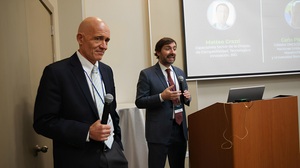
Carlo Pietrobelli, UNU-MERIT Professorial Fellow and UNESCO Chair leader, presenting during the training programme together with Matteo Grazzi, Senior Innovation Economist at the Inter-American Development Bank.
The main challenge was to set up a framework of conversation on productive development and competitiveness, in which the government, private sector and academia participate. Then, we found specific challenges that allowed us to build a diagnostic on these topics in Honduras, which reflected the low institutional development in productive development and competitiveness. For instance, there are few statistics on innovation since Honduras does not perform periodic surveys on this topic. Also, there is no recognition of SMEs, meaning that not even the number of SMEs in the country is known. Another challenge was getting policymakers, scholars, and people from the social society to dimension Honduras’ state of the art in terms of productive development and competitiveness. Using macroeconomic data from different sources and new approaches, we compared the performance of Honduras to the rest of the countries in the region.
The course addressed eight topics. We started by depicting the whole picture and macroeconomic trends focused on productivity, innovation indicators, sectoral composition and qualification of the labour market. Then we analyzed Honduras based on the economic complexity framework and introduced Smart Specialization as a new industrial policy approach. Next, the global values chains framework was presented, addressing the relevance of the governance, the programmes for providers’ development, and the upgrading and scaling up processes. After that, we discussed the relevance of the public-private dialogue and partnership to address the competitiveness challenges since coordination fails one of the typical problems in the innovation processes.
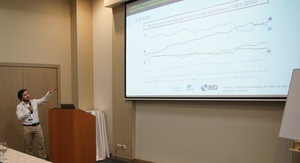
Jorge Valverde, UNU-MERIT PhD fellow and UNESCO Chair team member, explains historical employment trends in Honduras.
The course continued by showing the key role of SMEs in the productive structure of countries and their competitiveness. Based on study cases and compared experience, we discussed the results and usefulness of policies and instruments implemented by other countries. Finally, the course addressed the quality of national systems, highlighting the relevance of quality infrastructure for the competitiveness of countries. It introduced an index that captures the development degree of these systems in countries, and several successful institutional arrangements in this dimension were presented.
Pedro Barquero – the Minister of Economic Development – delivered the opening keynote address, highlighting the relevance of these topics for the country’s development. Participants were diverse; people from government agencies, municipalities, industry associations, entrepreneurs, academics and civil society participated in the training programme. In total, 50 people were engaged in the training course; they came from different backgrounds and cities. For instance, a delegation from San Pedro Sula participated in the three days of the in-person course; among them was the chief of the innovation and competitiveness office. In addition, a group from the quality national system actively participated during the course.
The key role that SMEs play in the economy of most countries was also discussed, drawing in how public policies and instruments implemented in other countries could also apply to Honduras. National quality systems were addressed at the end, highlighting the relevance of quality infrastructure for competitiveness. Additionally, an index that measures the strengths and weaknesses of these systems in most countries was presented, together with several examples of successful institutional arrangements. The concluding session discussed the relevance of effective public-private dialogue to address the challenges of competitiveness, including coordination failures. Which is a very frequent problem in innovation processes.
Looking ahead
The main conclusion was the necessity to work on a competitiveness and productive development agenda. This is given that it was quite clear that the productive matrix of Honduras has remained more or less the same during the last three decades, which explains its economic results to a large extent. In this line, participants agreed regarding the importance to perform deeper analysis in the areas tackled by the course. A tangible result of the course was the creation of the first multi-sector coordination (public, private and academia) to address these topics and challenges.
Curious to know more? Check out ‘Honduras Competitiva’, a webinar series in Spanish organised by the Inter-American Development Bank and the UNESCO Chair of UNU-MERIT.
More photo impressions from the training programme:
ANY COMMENTS?
NOTA BENE
The opinions expressed here do not necessarily reflect the views of UNU.


